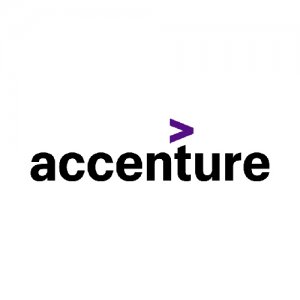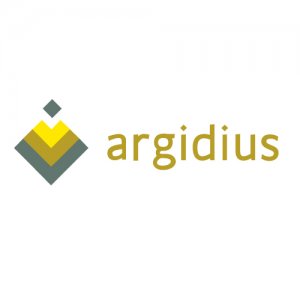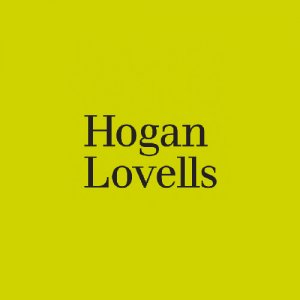
Filipa Carreira
Mozambique“It was during a work trip to a rural area in central Mozambique, I found managing my period was a challenge, menstrual products were not readily available and none of the public toilets cater for this need.”
It this dilemma that got Filipa Carreira thinking and ultimately led to her to starting Wamina. The social enterprise that educates young women about how to manage their period.
Filipa was born and raised in Mozambique, she then studied in South Africa and England, and then interned at several organisations around the world before getting a job at an environmental consultancy. In 2014 she decided to go it alone, channelling her passion and years of experience into setting up FC Consulting, a company which performed risk analysis and market research for local non-governmental organisations (NGO’s) and United Nations agencies.
It was while on a research trip that Filipa became aware of challenges women face around their menstrual cycle. She instantly started researching, focusing on the availability of hygiene products in Mozambique and the impact periods were having on the lives of girls and women. She said: “According to UNESCO, 1 in 10 girls in Sub-Saharan Africa misses school during their periods because they cannot afford menstrual products, causing them to eventually drop out.”
It is very common for girls in rural and peri-urban areas to suffer from the stigma attached to menstruation. To tackle this, Filipa committed to creating Wamina, a social enterprise that aims to inspire, motivate and empower Mozambican girls. It provides an accessible, quality menstrual hygiene solution; the Wamina Pad, and offers them fact based information and self-esteem boosting workshops in peri-urban and rural Mozambique.
At first Wamina was an internal project, as part of FC Consulting, but it did not take long for Filipa to transition the enterprise into a standalone brand.
Although she had experience setting up a business Filipa felt she needed more help and so reached out to IdeiaLab, YBI’s member organisation in Mozambique. Filipa and her team benefited from entrepreneurship training and mentoring. She said:
“The practical skills I acquired in areas such as accounting and management were very helpful. My mentor helped me with my communication skills and with that I was able to expand my contacts, I could speak more confidently about my businesses to gain new clients and enter into new partnerships. I was able to apply what I learnt to both businesses; Wamina and FC Consulting.”
With the additional support Filipa sold over 3,000 reusable pads in the first six months by targeting lower and middle class girls and women, companies’ corporate social responsibility initiatives and NGO’s.
Over the next three years, Filipa plans to reach 80,000 customers. To achieve this she plans to increase Wamina’s outreach efforts, expanding into Malawi and Tanzania. Her biggest ambition is to begin in-country production of the sanitary pads and take on the wellness industry in Africa by providing good quality products to low-income families.
“Entrepreneurship has changed the way I look at life and the way I can help the community without having to compromise on quality and beauty. Above all, I want the girls we’re helping, whose opinions dictate our future products and services, to feel valued and empowered.”
As well as helping build her local community Filipa is also contributing to the 17 Sustainable Development Goals adopted at the United Nations in 2015. She is addressing:
- SDG 3: Good health and well-being – By providing information about sexual and reproductive health;
- SDG 4: Quality education – By providing adequate menstrual hygiene products she is removing a significant issue that led to 1 in 10 girls dropping out of school. Wamina workshops also educate girls about the importance of sexual and reproductive health;
- SDG 5: Gender equality – By empowering girls and women to stay in school longer;
- SDG 8: Decent work and economic growth – By collaborating with young women to sell a series of products, Filipa promotes female entrepreneurship and teaches them basic business management skills;
- SDG 11: Sustainable Cities and Communities – By creating sustainable and reusable menstrual hygiene products which produce dramatically less non-biodegradable waste than their disposable counterparts.
Filipa’s story is featured in our 2017 Impact Report. Read the full report here.
Supported By
In Partnership with
Other Stories
Niranjan Ovhal’s story
Mustafa Panshiri
Those who make it possible
View all
Accenture

Argidius Foundation

JPMorgan Chase & Co

Hogan Lovells
